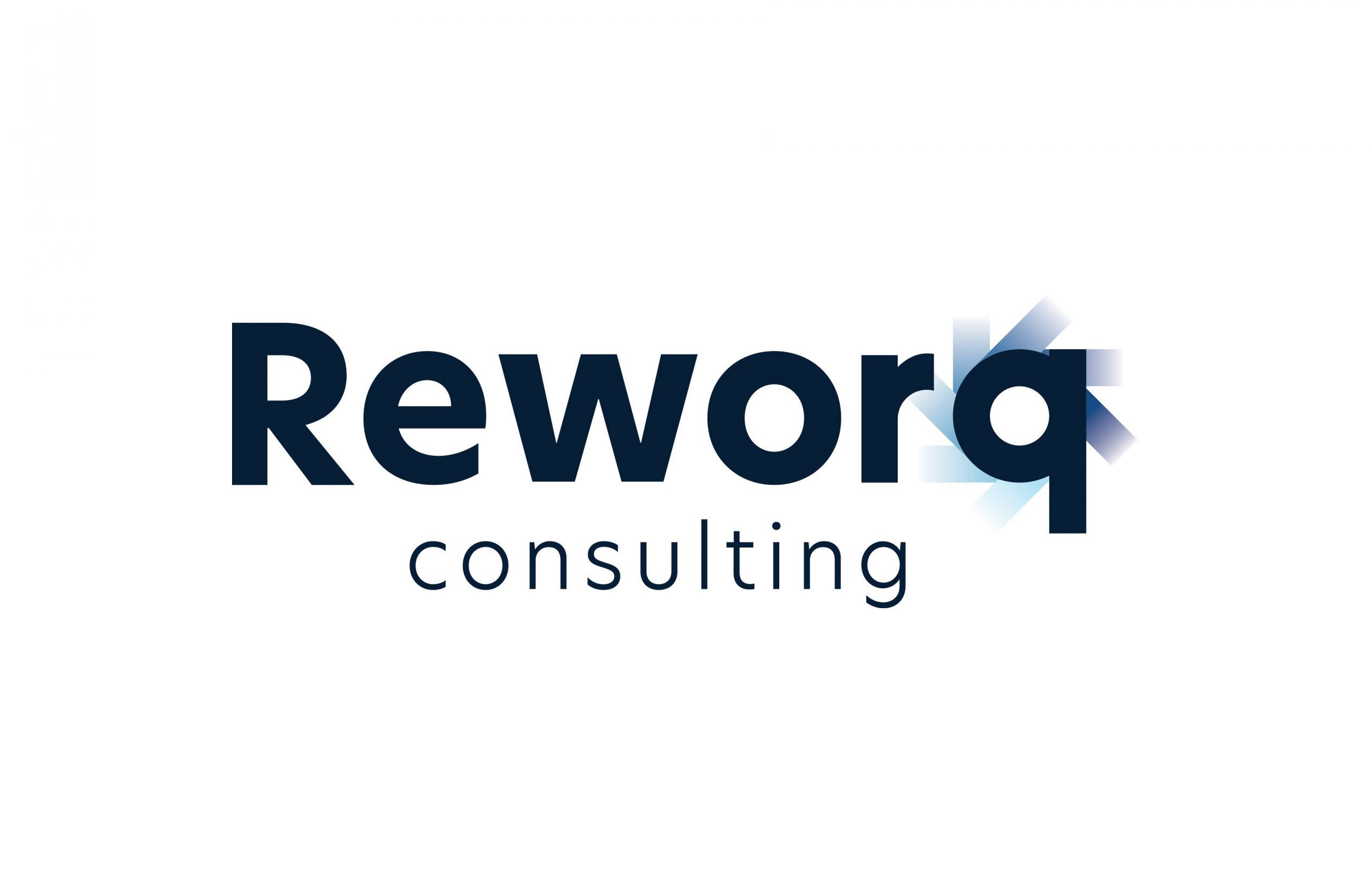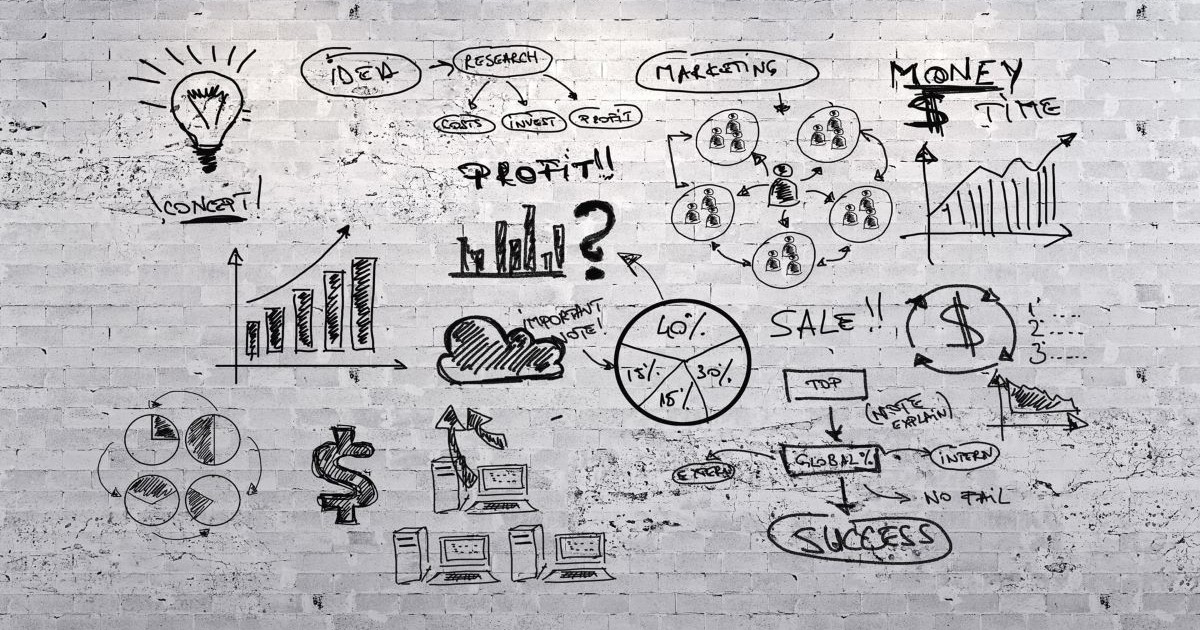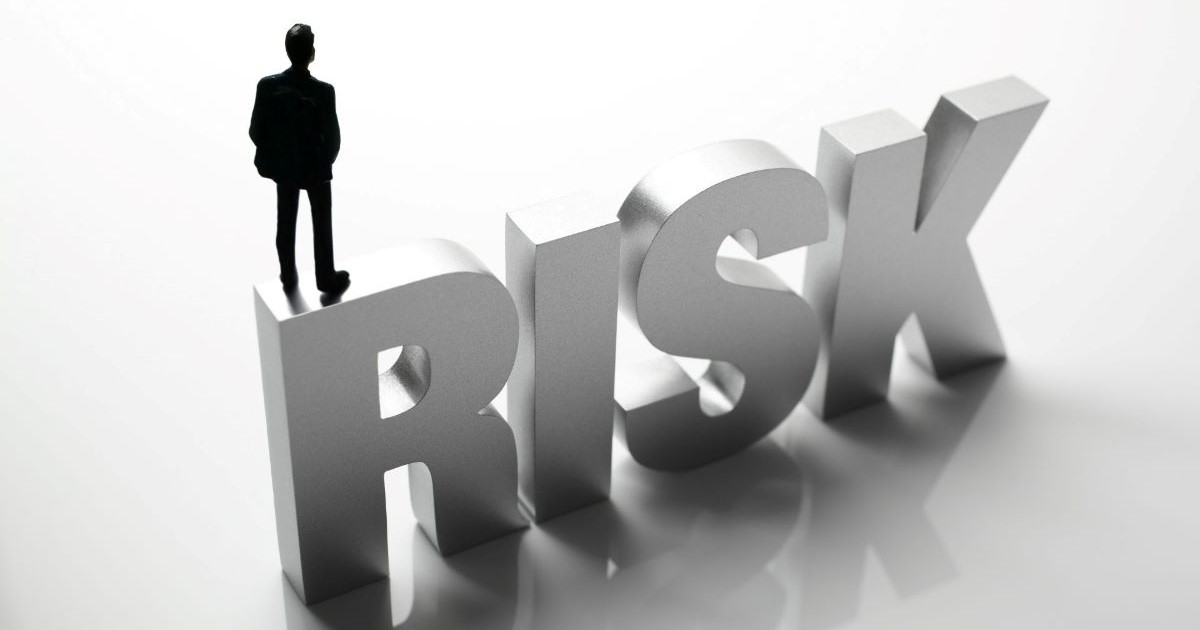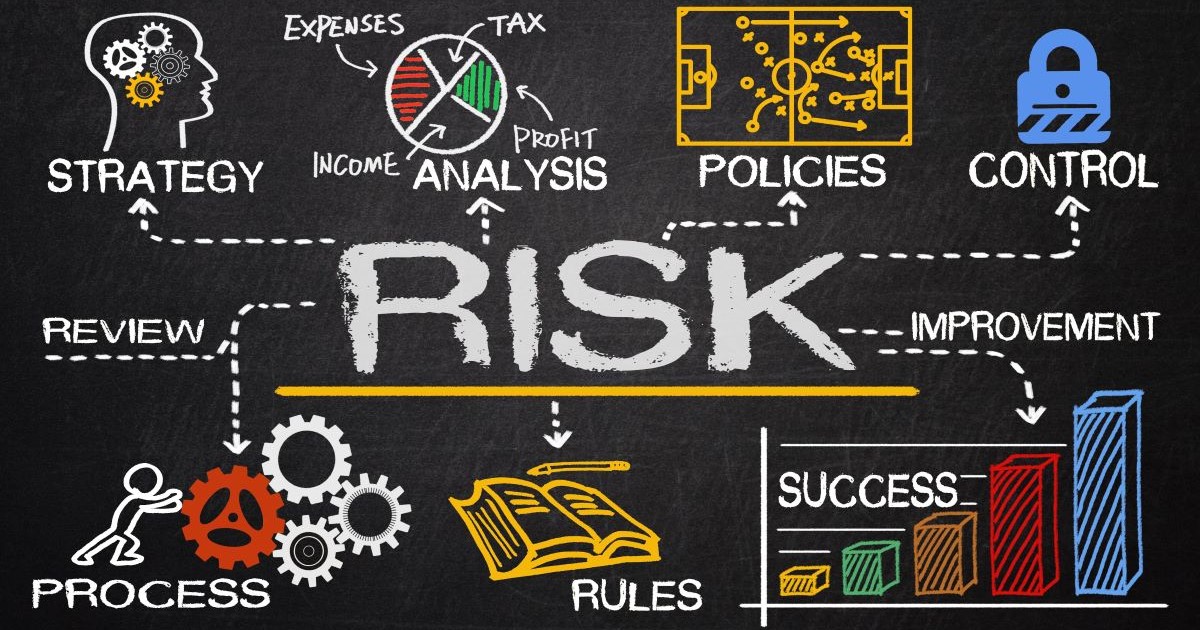What are the Key Principles of Project Risk Management?
A proactive management philosophy and a controlled approach to risk underlies the key principles of Project Risk Management. Managing projects and its various processes are always viewed with a certain degree of uncertainty and risk. Whilst uncertainty is both unmanageable and uncontrollable, Risk Management is one of the crucial components of any successful project. Project … Read more












